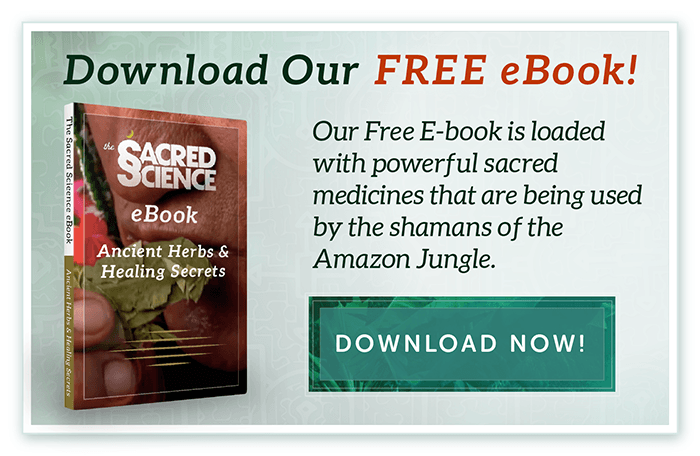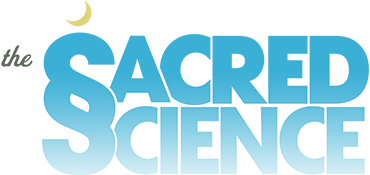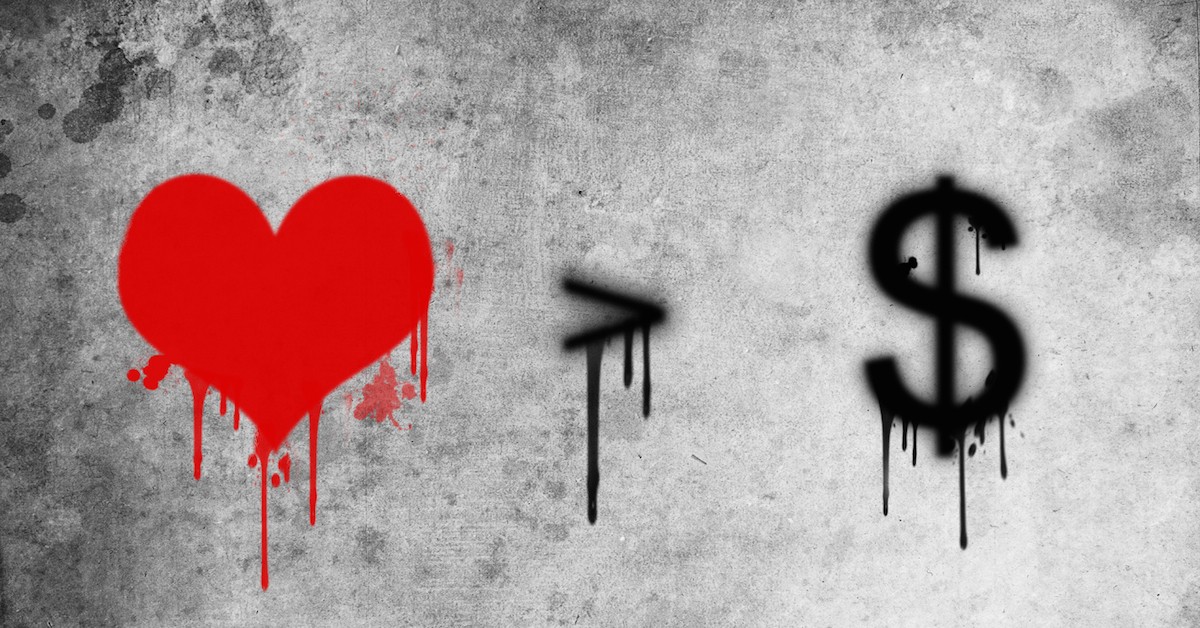A challenge that many of us encounter on our paths is the inner conflict of receiving money for healing work. Many feel that authentic healers should be free and accessible to everyone, or that in traditional societies money was never exchanged for this type of practice. This is a complex subject and today’s piece is intended as a starting point for further reflection and feedback from within the community.
Reciprocity & the Interdependence of All Existence
Reciprocity is the practice of harmonious, balanced energy exchange that brings mutual benefit. This principle is key in many if not all ancient societies and I have personally experienced it to be profoundly embedded into the way of life in Amazonian, Andean, Tibetan and Northern Native American traditions.
Energetic reciprocity is known as Ayni in the Andean indigenous culture, the very core of evolution and healing. In a universe of living energy, we are in a constant exchange, , whether we are conscious of it or not. The indigenous people have learned this way of life through profound observations over long periods of time being in nature. They see how everything in nature is contributing to the well-being of the whole organism – of which everyone and everything are an integral part. Their intention is to keep the energy exchange flowing in harmony between the inner and outer universes, as well as to impart this wisdom to their communities.
This systemic approach was applied to the life of the community and to its individuals. It is the foundation of social structures, where communities share and exchange work and services; moral code of conduct, treating others as we wish to be treated; and the spiritual cosmology where it is seen as the basis of universal creative principles.
When this exchange becomes unconscious and out of harmony it is believed to be the source of all discord, imbalance and disease.
A powerful parallel and complement to the principles of Ayni can be drawn to the Tibetan Buddhist principles of Karma (cause and effect), and interdependence. That is to say that we can not exist as separate individuals without this interconnected web of relationships all around us – and everything we do, say and think affects the whole.

Ancient Principles In A Modern World
These ancestral traditions were born and cultivated in a much different cultural context and reality than we see today. Communities used to value the place of healers and spiritual guides, upholding a special place for them within society. In this way reciprocity and responsibility were held collectively through a shared value system. People were able to express their usefulness to each other by exchanging goods and services that contributed to the sustainability and evolution of the tribe and its productive relationship to the surrounding communities.
In addition to direct barter, ancient societies chose many different mediums for exchanging energy as currency: For example, the Mayan culture used cacao while the Incans used coca leaves. Those currencies reflected the life force for those cultures since it is not possible to hoard organic matter – it has to cycle. Over time, as the social interaction has continued to grow, the concept of our modern monetary exchange has developed. However complex this current system can be, underlying the concept of money we still find the same ancient principle of energy exchange. It may be distorted from the original and balanced principle of reciprocity because of modern political and industrial corruption but yet, it is still possible to identify as a symbol of life energy in nature. In my own life, once I was able to identify money to be merely the symbol and not the source of energy, life has become a lot less stressful and far more meaningful and joyful as a consequence.
In ancient societies certain services such as healing or spiritual guidance, which are not as tangible as material goods or food products, were considered to be priceless. These were the services that kept the whole community in balanced reciprocate relationship with self, others, the earth, and the universe as a whole. Priceless however did not mean free – actually quite the opposite. Individuals were expected to give their most precious material and service as offerings. In this way, people were not only paying for a certain service but also expressing their gratitude by offering something of great value in their lives. This expression was seen as a key step in the actual healing process.
Today this is something that our societies have been conditioned to express through money. If something is free many people in the modern world will not fully appreciate it. Yet if money has been paid for a certain service, there will be due diligence and effort to actually receive that service to the fullest degree in order to justify the investment. The original meaning of offering payment within the indigenous societies is first and foremost to make an effect upon the one who is offering in order to truly value and appreciate the reciprocate exchange.
At our non-profit organization we are continually asking how we can exchange energy in a way where both the giving and receiving brings benefit individually and collectively. While for ourselves the work and services we are involved in are invaluable, we still have to place distinct numbers on them because those are the basic resources that allow us to sustain this work while simultaneously bringing greater benefit into the world. In this receiving we see it as our responsibility to channel our energy back to the work itself, the earth, and the local communities. Our aim is to remain in continuous dynamic equilibrium with the creative source of life inside and out.
Despite many years being dedicated to this vision we honestly see our work to be just beginning and are looking forward to the unfolding relationships and collaborations within our global co-existence responsibly sharing one life force within everyone.
A former fortune 500 designer and brand strategist, Cynthia Robinson traded the corporate world for the Amazon, and co-founded the Paititi Institute. As their Director of Permaculture, she is in charge of establishing tropical permaculture models on-site, while cultivating an intentional community that implements ongoing outreach projects in local native villages and tribes. You can learn more about her work at www.paititi-institute.org


